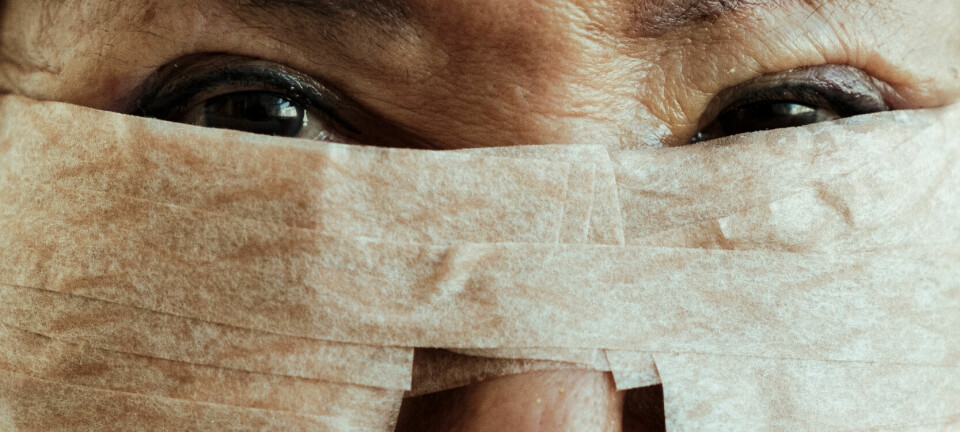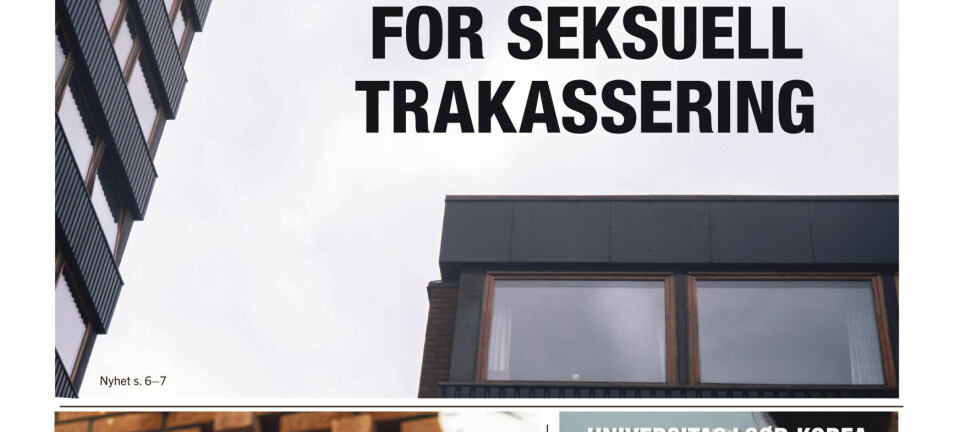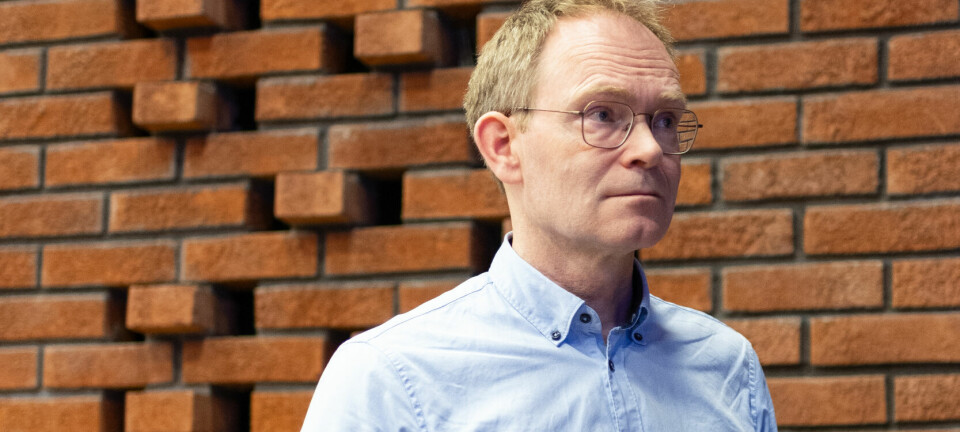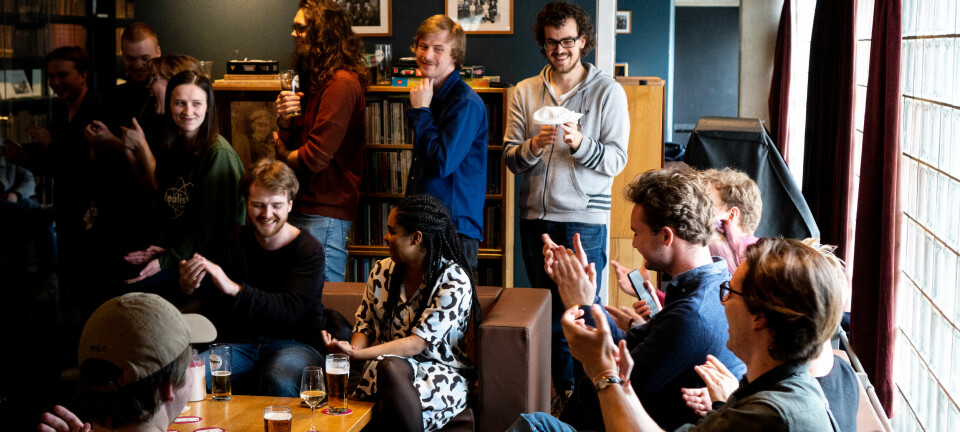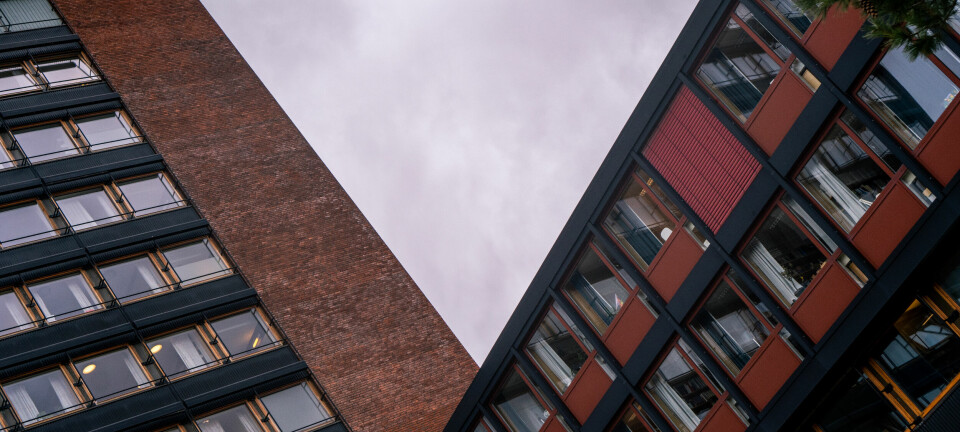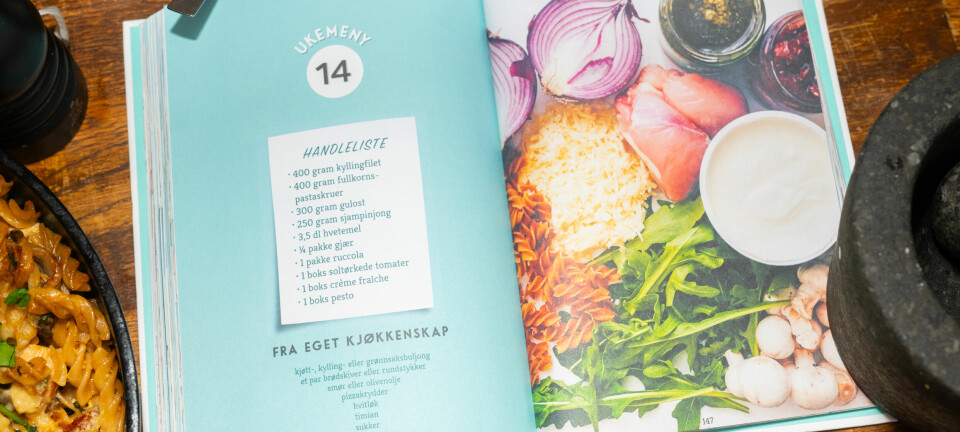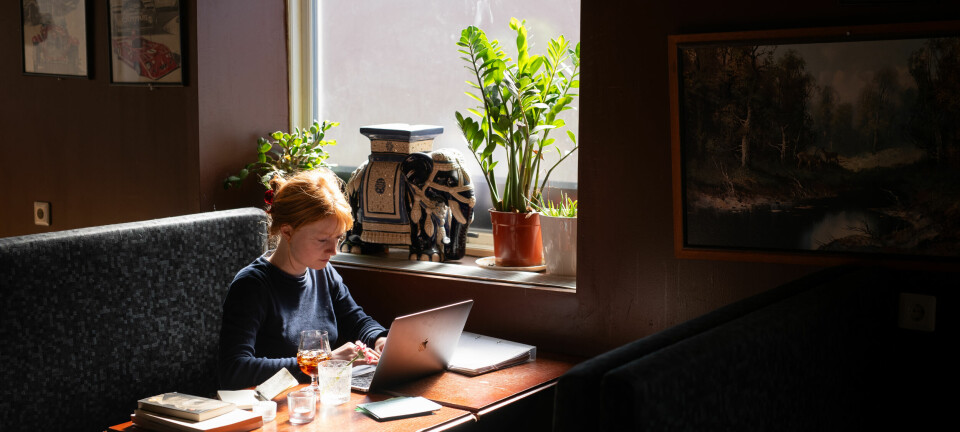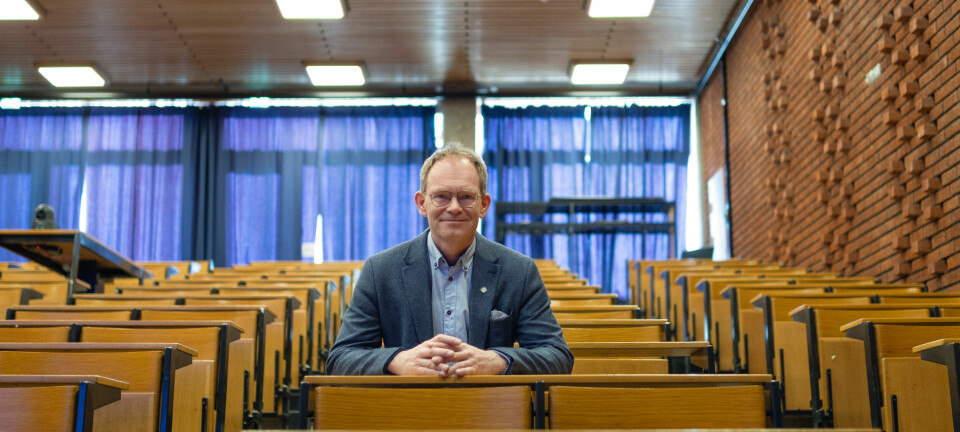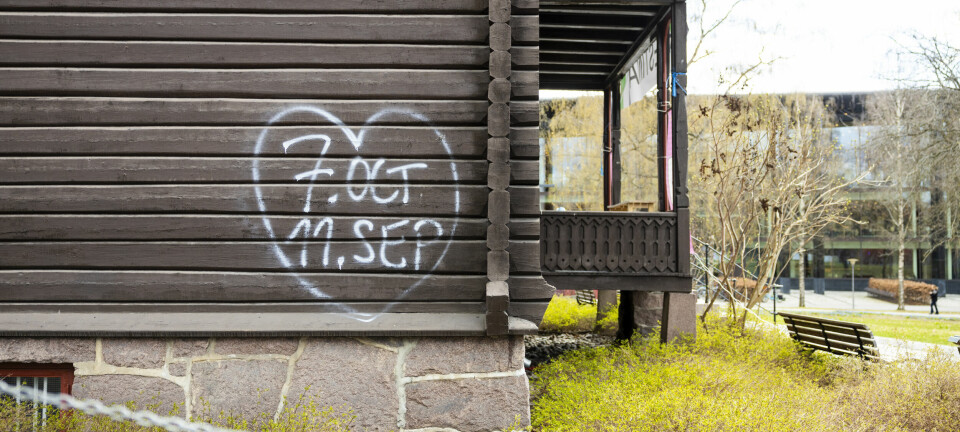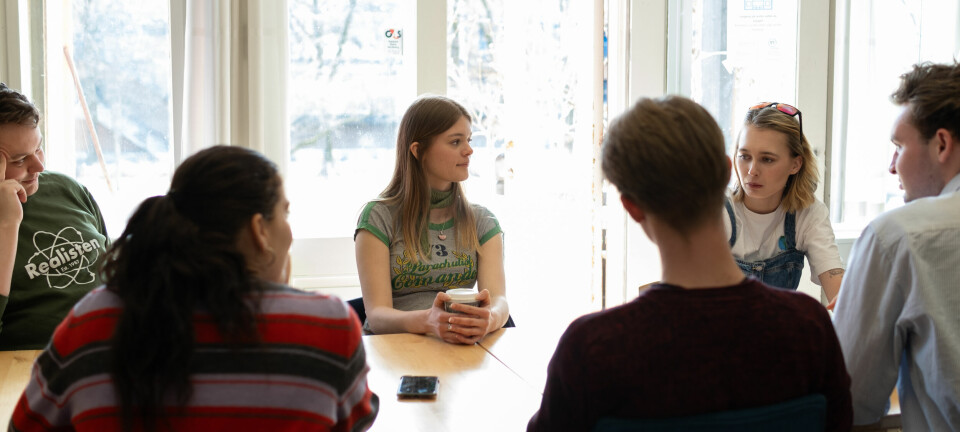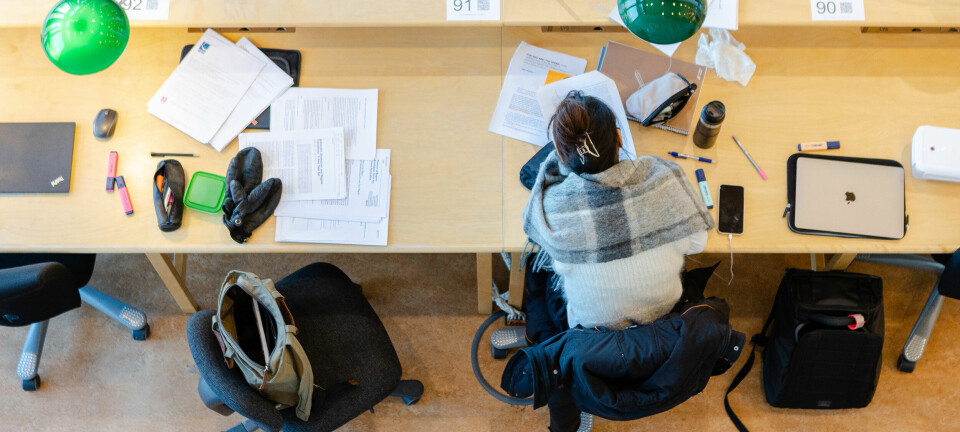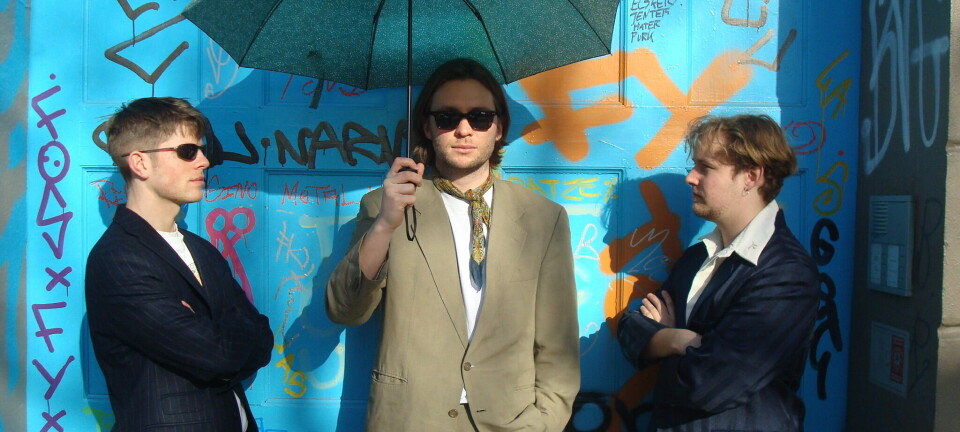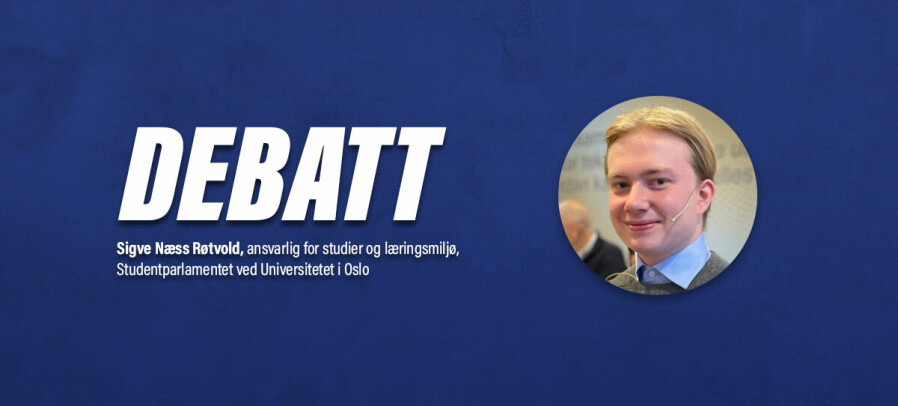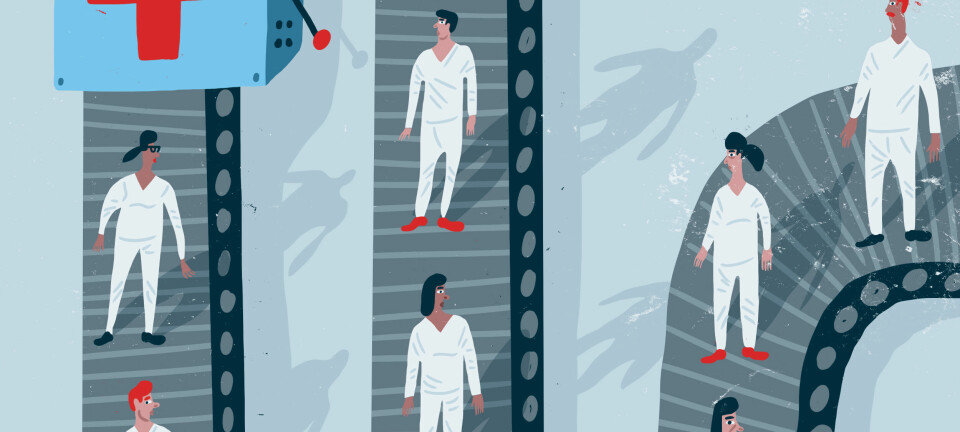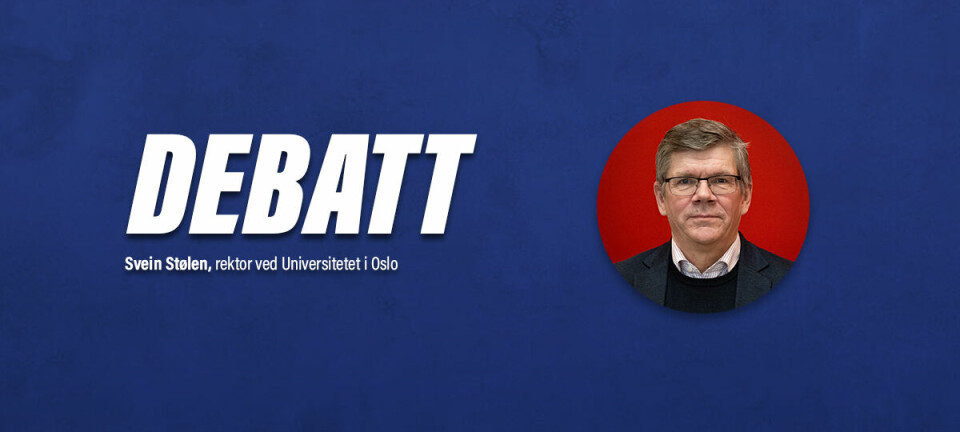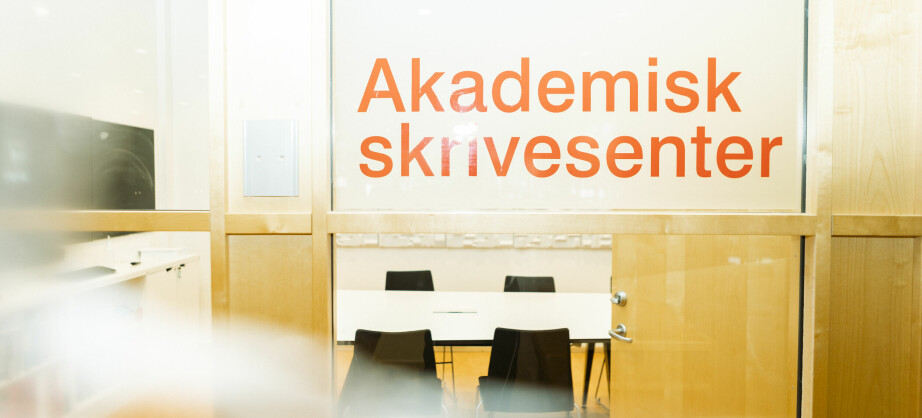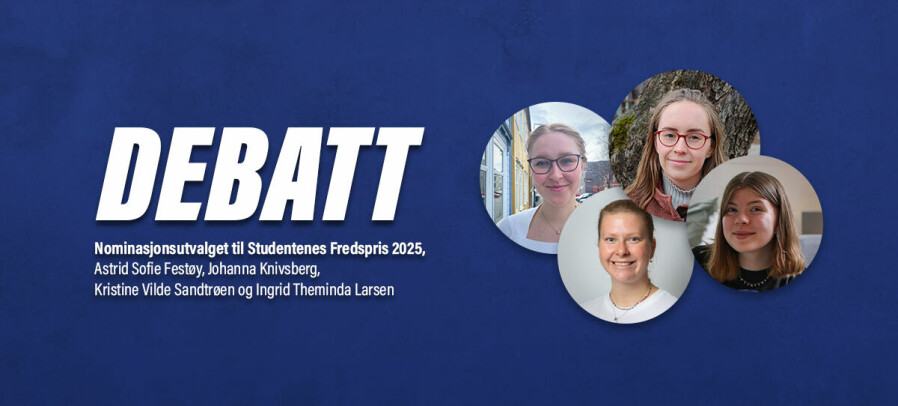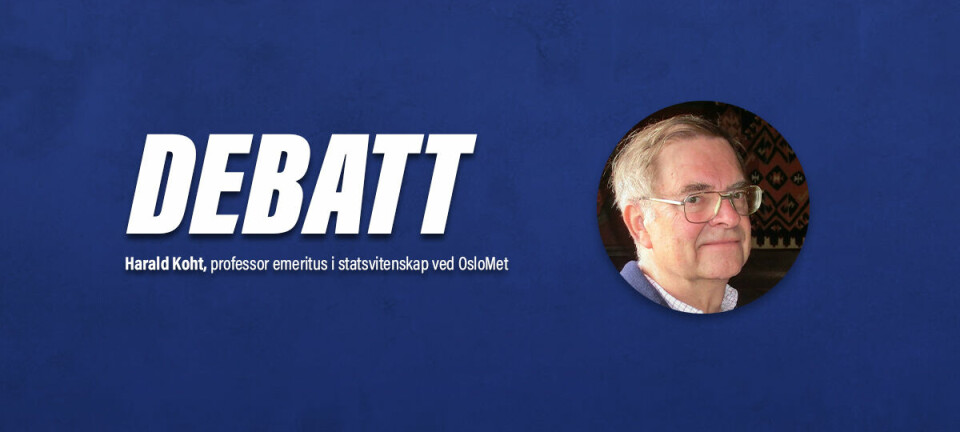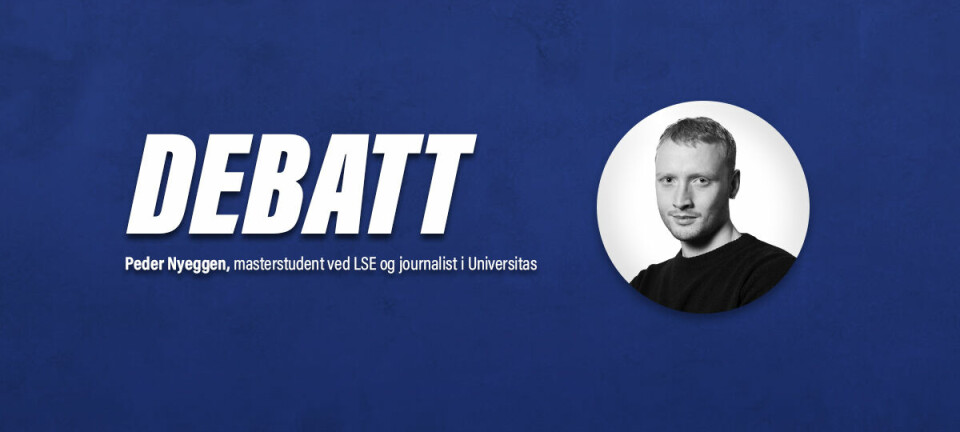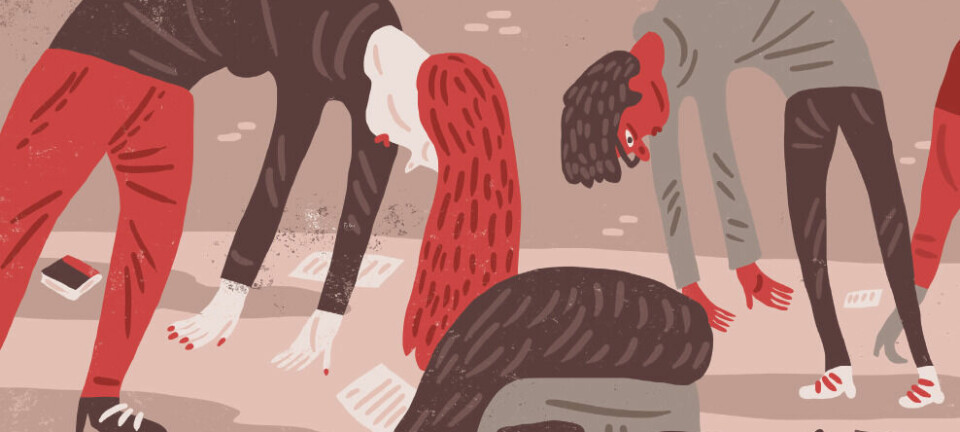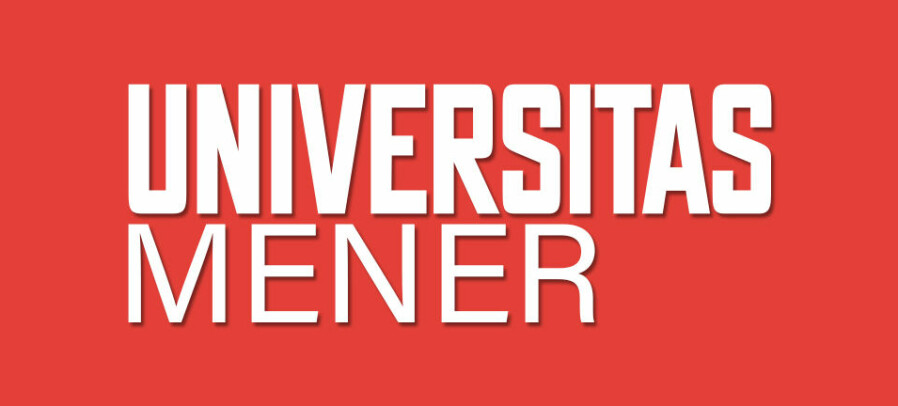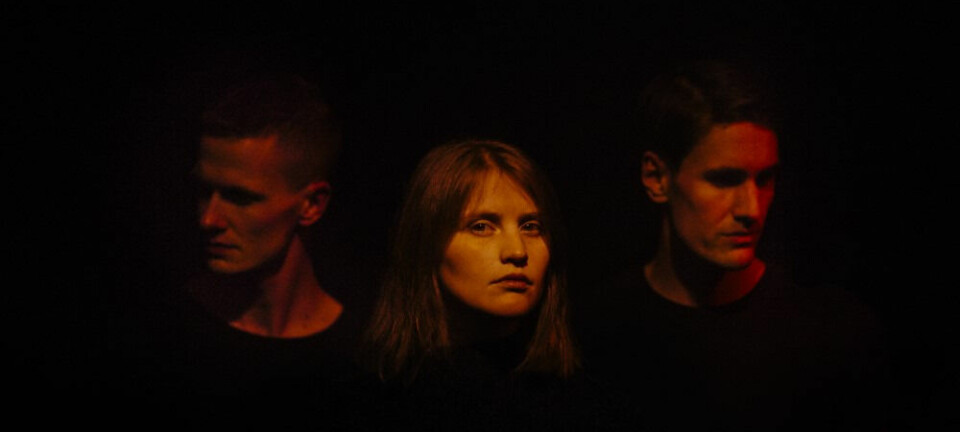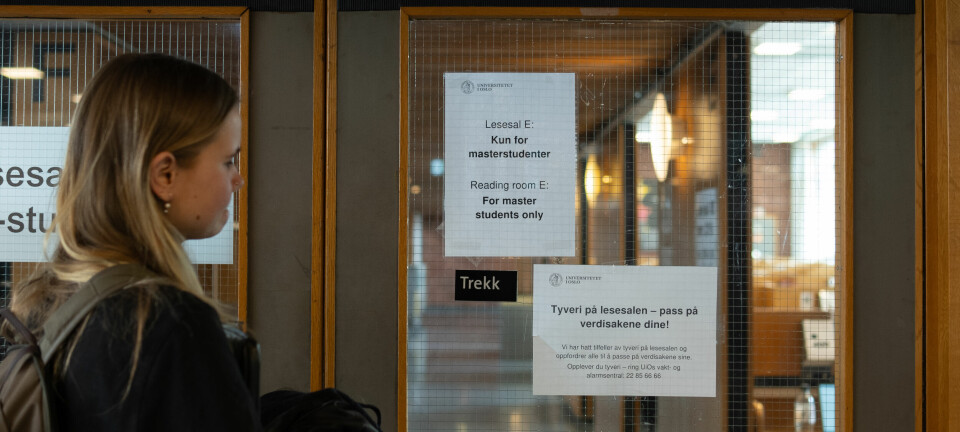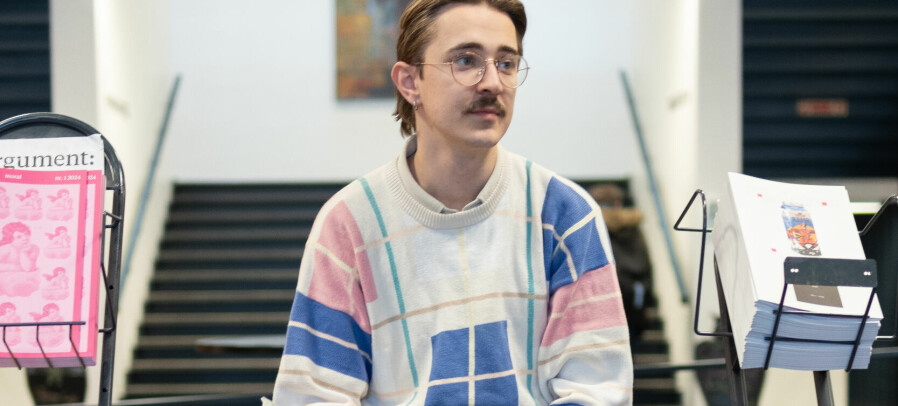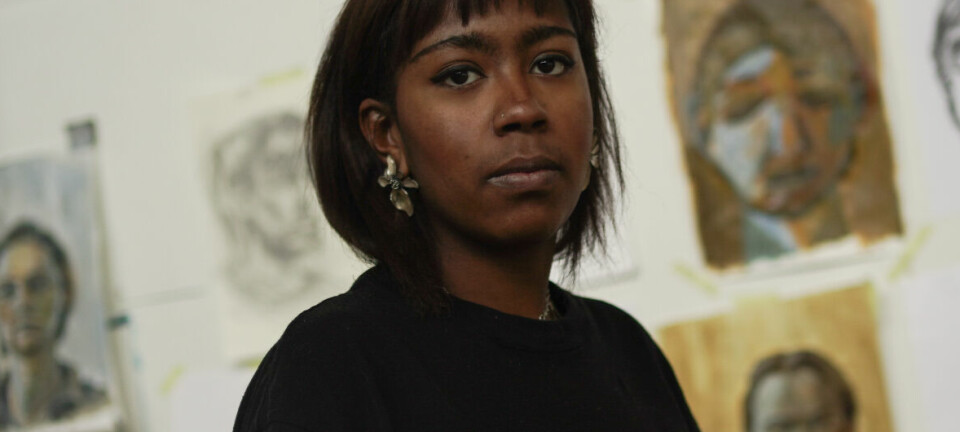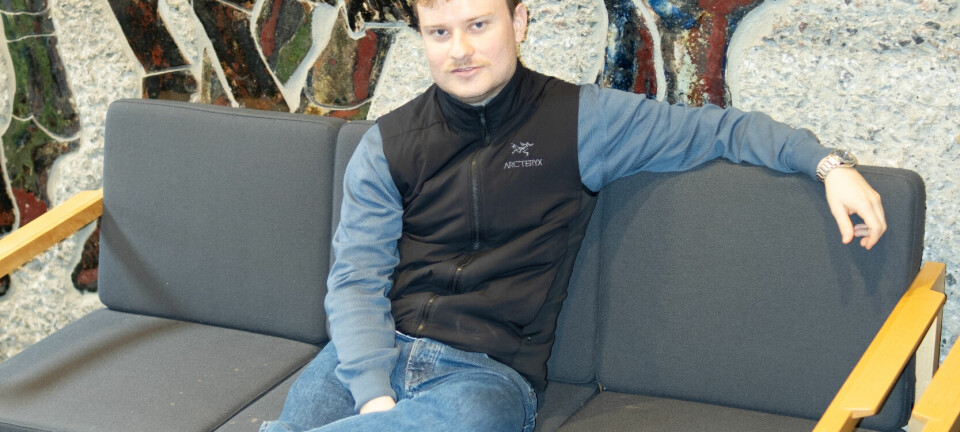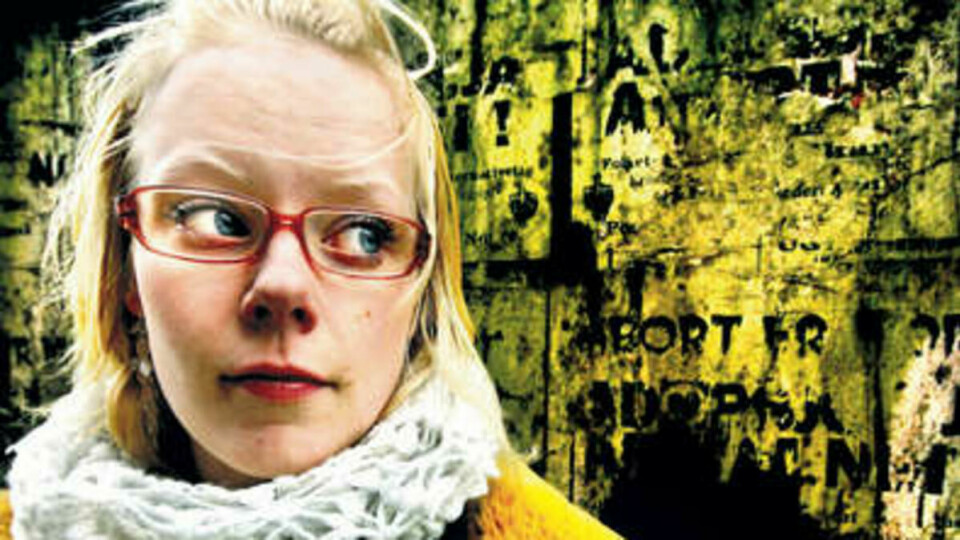
Allegations of vote buying
Promises of good jobs and threats to cut back on student benefits were made to convince the student population to vote on Medvedev in the Russian presidential election.
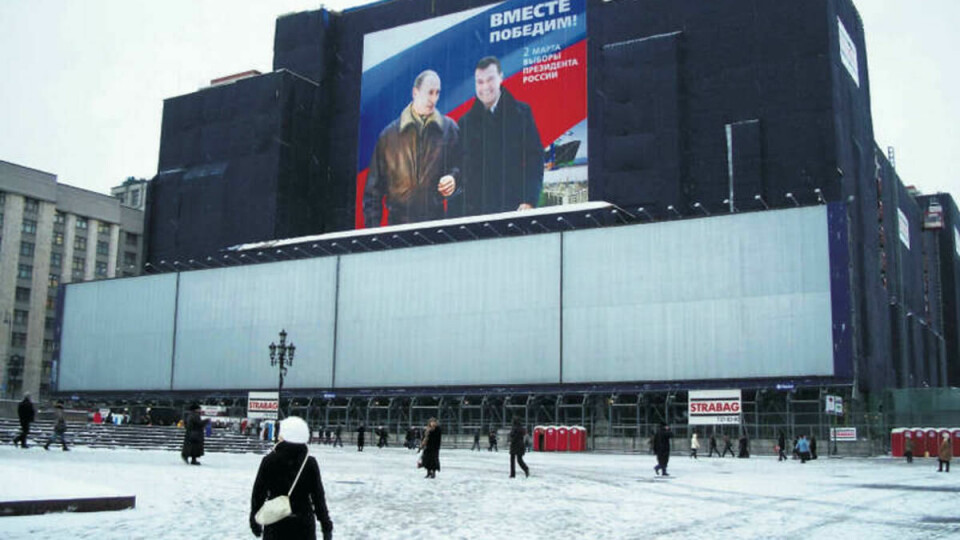
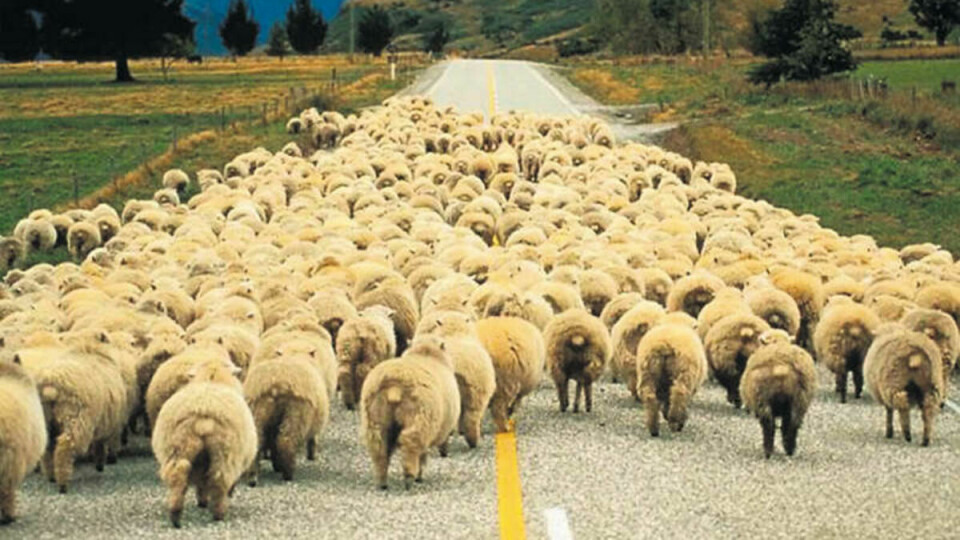
By offering Russian students payment by the hour for distributing election information and give speeches in favour of the Putin-friendly party United Russia (ER), the party recruited many students in the Russian presidential campaign.
Long before the Russian population went to the ballots last Sunday, the result was a given. No one was surprised to see Putin’s own candidate, Dimitri Medvedev, walk off with the victory and more than 70 per cent of the votes. For a lot of Russian students, the presidential election was a question of future jobs and decent living standards while studying.
According to Armenian student Shake Karapetyan, who is on exchange at the University of Tromsø, it is a general understanding among students that becoming a member of ER is a good opportunity to land a prestigious job and a nice apartment later in life.
– Students who work for United Russia during the election campaign receive money bonuses and other fringe benefits, she says.
Similarly, going against the presidential candidate is not a very good idea. According to Goumar Zainoulline, a Russian student at the state university in St. Petersburg, those who do not vote «as they are told» risk losing student benefits and may even be transferred to poorer student flats.
Universities under pressure
That the Russian university sector has been under pressure from the government was confirmed last month when the European University in St. Petersburg was forced to close. The official statement said that it was due to violations of fire safety rules, but critical voices claim that the real reason was the University’s election monitoring course funded by the European Union.
Also, there are signs that the university board has been ordered by their governors from the various provinces to force staff and students into voting on Medvedev. The governors are elected by the Russian president himself, and according to Zainoulline, this means that the governors risk losing their positions if they cannot raise enough support for the president’s policies.
Zainoulline states that representatives for United Russia have entered into several agreements with the state universities and that they, among other things, force students to listen to the party’s election propaganda in the middle of lectures. He also reports that most of the demonstrations and stands on the university campuses have been bought and paid by the politicians.
Prior to the election, all the state universities were told that if their university was able to show satisfactory results, they would be rewarded – and if not, punished with cutbacks in the state grants.
First-generation democrats
Line Mehlum, a student of Russian language at the University of Oslo, recently came back from a trip to St. Petersburg. She believes that a lot of students feel powerless and hopeless compared to the bureaucratic apparatus.
Still, according to Mehlum the younger population in Russia is more and more dissatisfied with the politics. The students are making the most of the various channels that are available to show contempt for the system, and both YouTube and the Russian version of Facebook broadcast charicatures, picture manipulations and videos with anti-Putin and anti-Medvedev messages.
Comments such as «stop acting like a bunch of sheep and start thinking for yourselves» are not unusual, Mehlum states. Even though it may seem like people of principles are in rare supply in the Russian community today, Goumar Zainoulline believes that changes are on the way.
– It is among the students that we find the first generation of real democrats in Russia.

